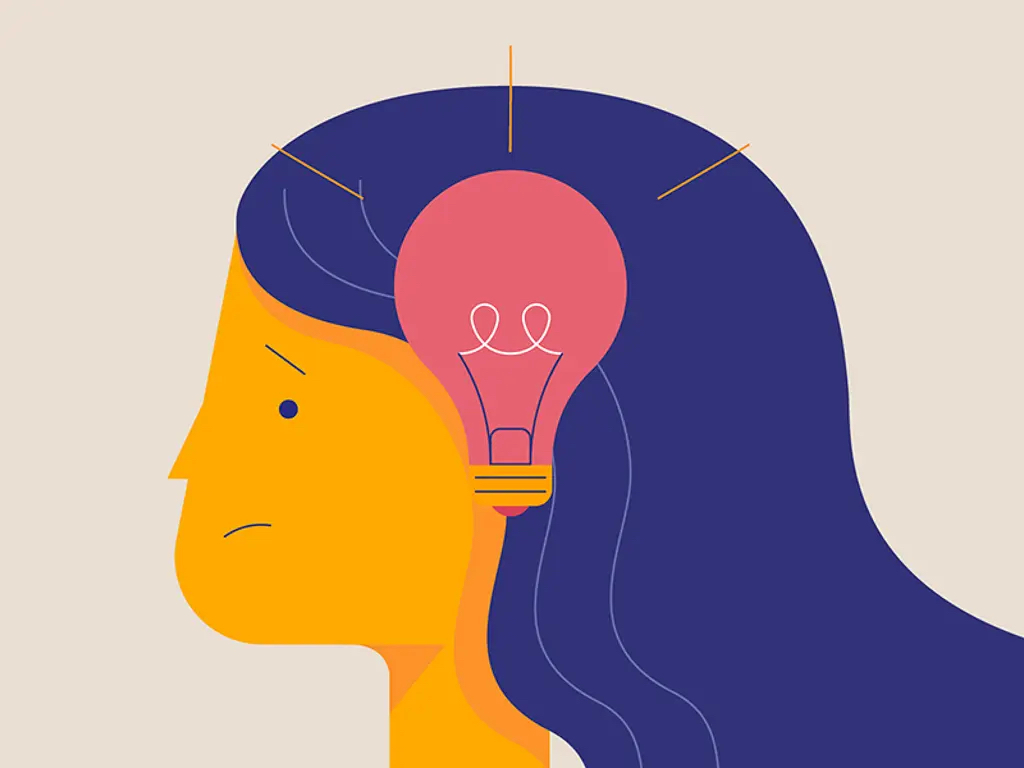Healthy eating is not about strict diets, staying unrealistically thin or depriving yourself of the foods you love to eat. Rather, it’s about feeling great, having more energy, stabilizing your mood and keeping yourself as healthy as possible with good choices, which can be achieved by learning some nutrition facts and using them in a way that works for you. You can expand your range of healthy food choices and learn how to plan ahead to create and maintain a tasty, healthy non-diet diet.
Start slow and simplify: Instead of overly concerning yourself with counting calories, focus on finding foods you love and easy recipes that incorporate a few fresh ingredients. Also, trying to make your diet healthy overnight isn’t realistic – add a salad to your diet once a day or switch from butter to olive oil when cooking. Small changes become habits, making it easier to add more healthy choices to your lifestyle.
Moderation is key: People often think of healthy eating as an all or nothing but the key is moderation. For example, eating bacon for breakfast once a week could be considered moderation if you follow it with a healthy lunch and dinner, but not if you follow it with a box of donuts and a pizza. Think about serving sizes in realistic terms and start small. If you don’t feel satisfied at the end of the meal, try adding more green vegetables or rounding off with fresh fruit as dessert.
Don’t remove the goodies: When you ban certain foods, it is natural to want those foods more, and then feel like a failure when you begin to “pig out.” If you are drawn towards chocolate, salty foods, or burgers, start by reducing portions and not eating them often. Sooner or later, you may find yourself craving them less.
Listen to your body: Ask yourself if you’re actually hungry, then have a glass of water to see if you’re thirsty instead of hungry. During a meal, eat slow, not only does that help digest the food better but it really takes a few minutes for your brain to tell your body it’s full.
Eat breakfast and smaller meals during day: A healthy breakfast gives you a great metabolism and eating small, healthy meals throughout the day keeps your energy up and your great metabolism going.
Pills are not the same thing: Health benefits of fruits and vegetables come from numerous vitamins, minerals, and chemicals that work together synergistically. They can’t be broken down into the sum of their parts or put into pill form.
Limit: sugar, salt, saturated fats, transfat, and refined foods.
Know your surroundings: Eating with other people allows you to model healthy eating habits. Try to eat with your family or coworkers during meals. Eating in front of the TV or the computer often leads to mindless eating.
Say goodnight: Try to eat dinner earlier in the day and don’t eat until breakfast the next morning. Eating only when you’re active helps to regulate weight. After dinner snacks are usually bad choices anyways so it best to avoid that but if you must, have a tea. Tea will also soothe you to fall asleep faster.
Water: Water helps flush out waste and toxins. Little do people know that a lack of water causes exhaustion, low energy, and headaches. It’s also common to mistake thirst for hunger. If you drink lots of water, you will notice a change in your body, skin, and better food choices.
Exercise: Find something active that you like to do and add it to your day. Exercise will motivate you to make better food choices without you being aware. Don’t pick exercises that make you not want to do them but pick fun classes like Zumba or Vixen Workouts, or bring a friend along to motivate you.
Every change you make to improve your diet matters. You don’t have to be perfect and you don’t have to go on a crazy diet to be healthy. The long-term goal is to feel good, have more energy, and be where you want to be with a non-diet diet.






